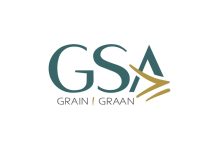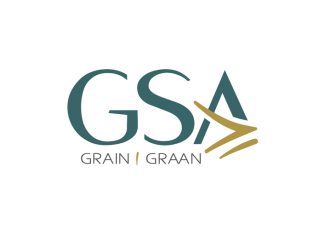
CEO, Grain SA
According to the Global Food Security Index (GFSI) of 2022, South Africa is regarded as the number one country in Africa in terms of food security due to its developed agricultural sector, stable food production and strong trade capabilities. In the 2023/2024 season THE COUNTRY produced about 13,1 million tons of maize, of which almost 700 000 tons have already been exported for the current season. Even in a dry year, such as the current one, this level of production is sufficient to meet the average annual consumption of 11,5 million tons, while still maintaining export capacity.
In stark contrast to this, there are millions of South Africans experiencing food insecurity. According to the census of 2022, 25,8% of the population (approximately 15,3 million individuals) suffer from food insecurity, while 11,4% (approximately 6,8 million individuals) experience severe food insecurity. Children are particularly vulnerable, with almost 27,5% (approximately 1 760 000 children) under the age of five being subjected to food insecurity. The implication is clear: Millions of people in South Africa suffer from hunger every day – to a greater or lesser extent.
Food security stands on two legs, namely security of access to food and the ability to obtain food. South African farmers produce enough food. The problem is that millions of South Africans have become poorer with less ability to buy food – causing famine.
Researchers at Harvard University’s Growth Lab attribute this South African lack of inclusive growth to crumbling state capacity and spatial exclusion. SA’s crumbling state capacity is well known and especially visible in the decay of rural towns’ infrastructure and economy. However, we spend too little time on the rural-urban divide in South Africa and the lack of policy and initiatives to include rural areas and the former homelands in the larger economy.
People living in rural areas have less economic opportunities than urban dwellers and little is being done about it. This inequality creates social tension and leads to desperate crime. I think South African agriculture should put more focus on this. Despite constitutional guarantees and initiatives to ensure access to food for all, the South African government shows an inability to address this food insecurity. Several factors contribute to this ongoing problem.
Land reform efforts are hampered by inefficiency, corruption and lack of support for small-scale producers, leading to lower agricultural productivity and increasing food insecurity in rural areas.
Although social grants provide relief, they are often insufficient to cover nutritional food needs. It is also indefensible to use state funds for social grants due to a lack of implementation of a well-thought-out and responsible economic policy that can promote job creation for the 33,5% unemployed people in South Africa. Stable employment opportunities increase household buying power, improve access to food, and reduce dependence on social assistance, consequently freeing up more resources for other social services.
However, one instrument that can bring relief regarding food security in South Africa is the master plan for agriculture (AAMP). This plan provides a framework for growth and greater competitiveness in the agricultural sector as well as the promise of more job opportunities and the stimulation of the economy, thanks to increased investment. Grain SA was actively involved in the composition of the AAMP by providing valuable input thanks to the organisation’s expertise in the grain industry. However, several role-players, including Grain SA, advocate a more market-oriented approach as the best for economic growth.
It is a matter of urgency that there should be no more dragging of feet to implement the AAMP. Only through drive and effective implementation will the potential of this document be realised in order to counter food insecurity.
The farmer development programme of Grain SA resonates directly with the AAMP’s strategic framework for agricultural development and growth. This testifies to substantial successes with the implementation of initiatives that empower small-scale producers, improve agricultural productivity and expand market access. Through the building of capacity, mentoring, and collaboration initiatives with stakeholders, Grain SA is already putting into practice the principles and goals put forward by the AAMP.
Grain SA, within its mandate, remains committed to doing everything in its power to tackle food insecurity in South Africa. We recognise the challenges that food insecurity brings – especially for vulnerable communities – and we consider the promotion of food security as a national priority.
By building on the successes of our development programme and through strategic partnerships with members of the grain value chain, Grain SA will continue to play a key role in the sustainable and profitable expansion of food security and the grain industry.












